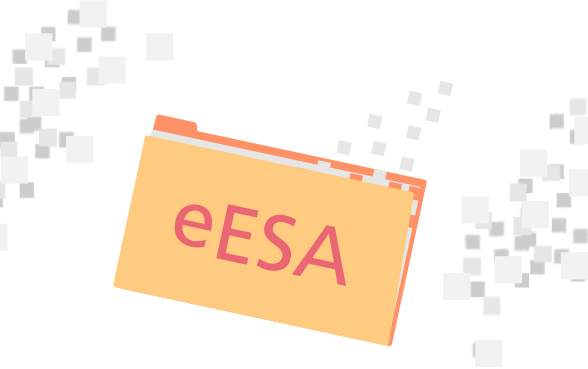- General information Information about EasyGov, legal forms and authorities
- Set up a company Registration of the a company with the Commercial Register, VAT, OASI and accident insurance (AIA)
- Commercial Register Registrations, changes and deregistrations in the commercial register
- Tax Submit VAT return, register for VAT
- Social insurances Register with OASI/IV/LEC and accident insurance
- Debt enforcement proceedings Request for an extract from the debt enforcement register, as well as debt enforcement requests, requests to continue debt enforcement proceedings and sale requests, and notifications to debt enforcement offices
- Support with financing Contact loan guarantee organisation for SMEs
- Create SOGC publications Create publications and publish them in the Swiss Official Gazette of Commerce (SOGC)
- Protection rights (IIP) Registering trade marks and updating register entries
-
Working conditions Manage working hours approval forms and view company visit records
Implementing due diligence when handling chemicals in the workplace (SICHEM)
View company visit records - Report positions and redundancies Posting of positions subject to reporting requirements and vacancies and reporting of redundancies and mass redundancies
- Reports and permits under the law on foreign nationals Reports and permits for the employment of foreign workers
- Federal Supervisory Board for Foundations Submit annual report, extend deadlines and submit documents to the Federal Supervisory Board for Foundations
- Change of address Report change of address to authorities and private companies
- Company closure Deregistering a company from all necessary authorities and private companies
- Version 1.14.0.053
Bitte benutzen Sie einen moderneren Browser
Lucy explains EasyGov in 2 minutes
Contact and Support
EasyGov Service Desk
Please direct any questions or comments about this website to the EasyGov Service Desk. You can reach it by phone or via the contact form.
EasyGov Service Desk: +41 58 467 11 22
Hours: Monday through Friday, 08:00 - 22:00











